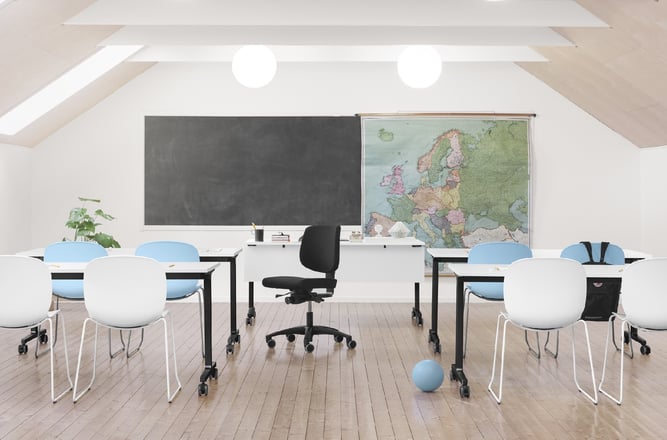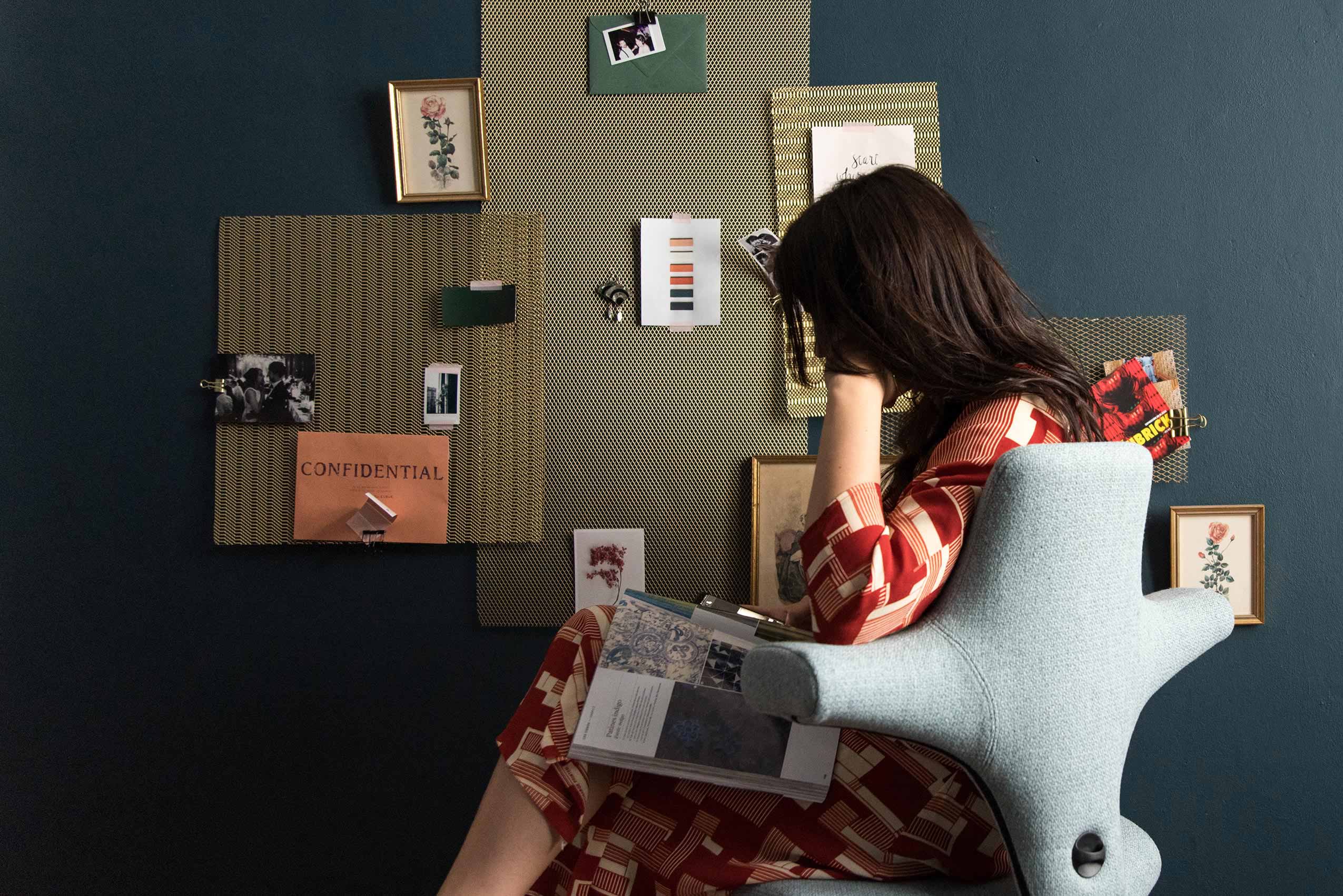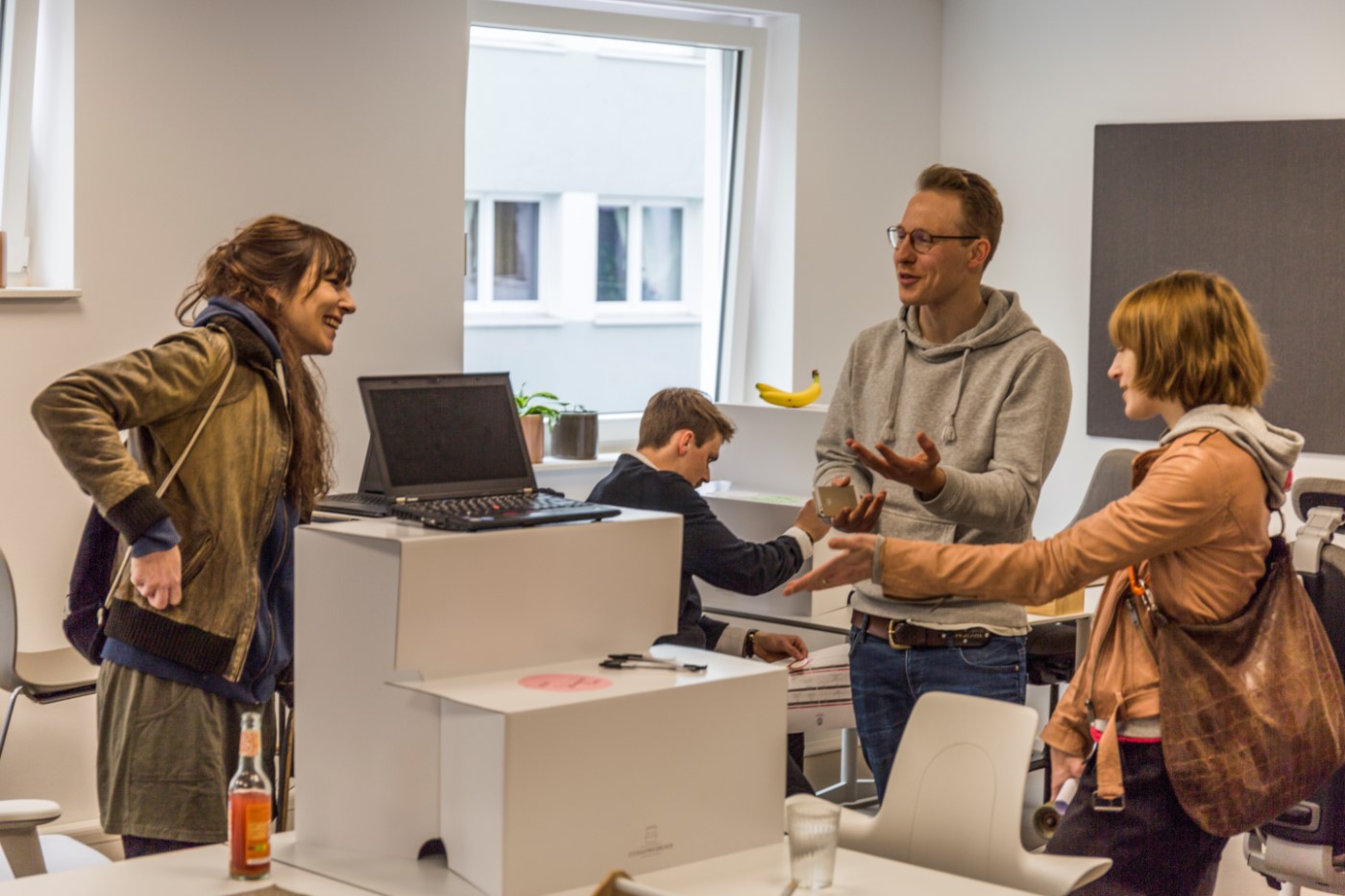All of these thoughts reflect the necessary changes businesses and individuals have had to make in order to survive, and focus very much on day-to-day productivity in our roles as workers. One final lesson our correspondents are hopeful that has been learned is that whilst we are able to survive with these measures, as humans, we still require person-to-person interaction in order to thrive.
Niklas Madsen, Founder, Superlab: “We hope that more companies review their work culture and how the physical workplace is used. That you actually think about what you want out of the workplace. Do I want a workplace with employees who quietly look into their computer 8 hours a day or do I want a vibrant workplace with creative discussions and spontaneous meetings that lead to innovative times and solutions. If you want option two. Should you really prepare for option 1?”
Helen: “As people, we’ve all learned we’re more adaptable than we thought we were and embraced others’ ways of doing things which hopefully is a strength we’ll carry forward into the post-Covid world. Without sounding too mawkish, we’ve all learned to appreciate each other a bit more whether that’s being grateful for a FaceTime chat in the strictest part of lockdown, having a chat over the fence with a neighbour or a socially distanced glass of wine in the park as the lockdown has eased.”
If you’d like to hear more from our experts on the subjects covered in this series, you can hear from Superlab’s Niklas Madsen in a recent digital design talk we hosted exploring the future of workplace design. Ergonomist Kirsty Angerer will also be guest writing on Flokk Focus in the coming weeks, sharing advice on how to create the perfect working from home environment.
Subscribe to Flokk Focus to stay up to date with all the latest articles.
A special thank you to each and every one of our workplace correspondents, who shared their insight and knowledge throughout this series. They are as follows:
Mustafa Afsaroglu, Co-Founder, Taner's Sons Design Studio
Jane Ahlin, Ergonomist
Kirsty Angerer, Ergonomist, The Travelling Ergonomist
Tiril Bamberg, Physiotherapist, Avonova
Marco Checchi, Partner & Interior Architect, Studio Stockholm
Maja Domeij, Ergonomist, Previa
Judith Dorlandt, Senior Consultant, Service & Workplace Design, Hospitality Group
Wivian Eidsaunet, Partner, Spectrum Arkiteker
Louise Lindmark, Project Manager, FirstOffice
Niklas Madsen, Founder, Superlab
Johanna Munck, Vice Director, Strategisk Arkitektur
Helen Parton, Workplace design journalist and Co-author of Total Office Design
Karin Ståhl, CEO & Workplace strategist, GoToWork
Helen Parton, Workplace design journalist and Co-author of Total Office Design
Niklas Madsen, Founder, Superlab
Judith Dorlandt, Senior Consultant, Service & Workplace Design, Hospitality Group


.jpg)
